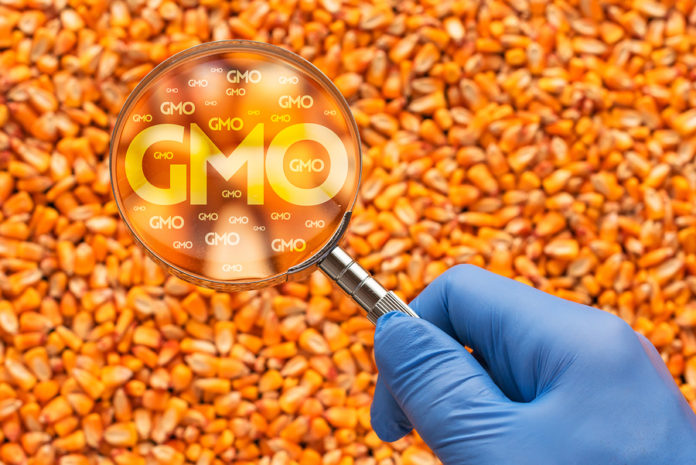
The strongest opponents of genetically modified food think they have the best understanding of GMOs, but new research shows they actually know the least about general science and genetics.
Researchers drew this conclusion by surveying 2,000 U.S. and European adults and collecting data including:
- Opinion of GMO foods
- Perceived understanding, gathered by asking how well they thought they understood GMO foods
- Objective knowledge, gathered by asking true/false questions about general science and genetics
Findings show that the stronger a respondent reported opposing GMOs, the more knowledgeable they believed themselves to be and the lower they scored on the objective knowledge test. It’s worth mentioning that the vast majority — more than 90% — of respondents had some level of opposition to GMOs, despite what the researchers note is “a scientific consensus that GMO foods are safe for human consumption and have the potential to provide significant benefits.”
The results weren’t surprising to researchers. “This result is perverse, but is consistent with previous research on the psychology of extremism…Extreme views often stem from people feeling they understand complex topics better than they do,” Phil Fernbach, the study’s lead author said in a press release.
The authors also note a “potential consequence” of the results that has implications for the food industry: the fact that GMO opponents may not be willing to have their minds changed. “[T]he people who know the least about important scientific issues may be likely to stay that way, because they may not seek out — or be open to — new knowledge,” they wrote.







